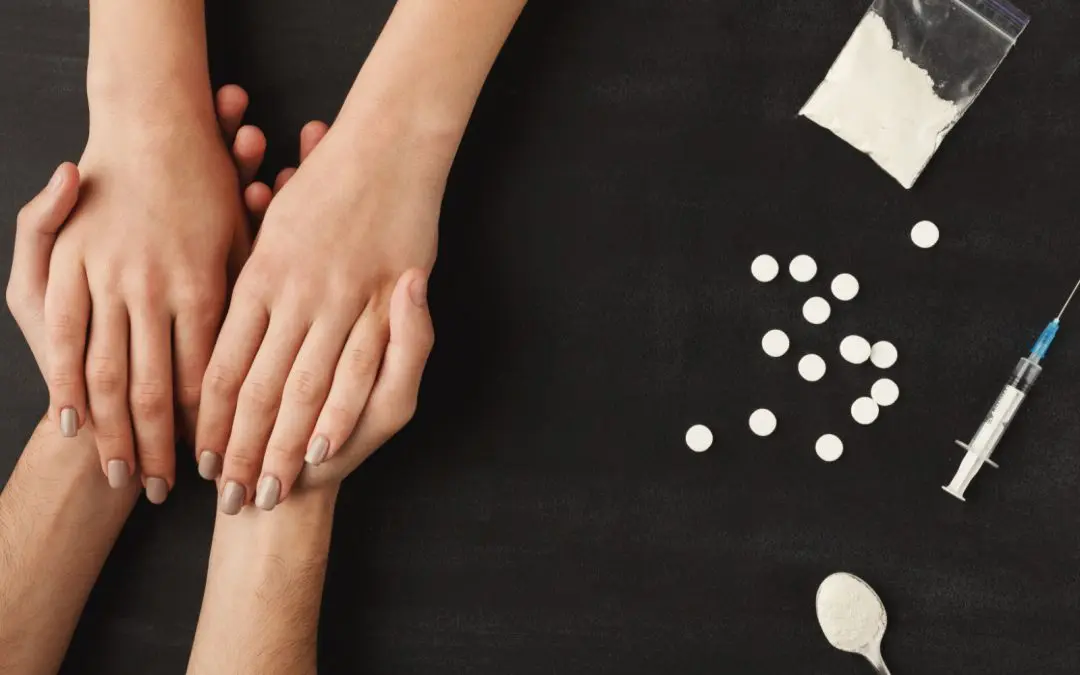24/7 Helpline:
(866) 899-221924/7 Helpline:
(866) 899-2219
Learn more about PTSD Rehab centers in Sun City Center
PTSD Rehab in Other Cities

Other Insurance Options

Anthem

BHS | Behavioral Health Systems

Optum

MVP Healthcare

UnitedHealth Group

UMR

GEHA

Covered California

Excellus

Access to Recovery (ATR) Voucher

Highmark

Humana

Carleon

Molina Healthcare

Medical Mutual of Ohio

American Behavioral

Ceridian

Meritain

United Health Care

AllWell


River Oaks Treatment Center
River Oaks Treatment Center is an accredited dual-diagnosis rehab in Riverview, FL. With an emphasis...

WhiteSands Treatment, Plant City
WhiteSands Treatment, Plant City is a private rehab located in Plant City, Florida. WhiteSands Treat...

Phoenix House
Phoenix House is an outpatient alcohol and drug rehab for adolescents and adults in Brandon, Florida...

Keystone Counseling
Keystone Counseling is a private rehab located in Brandon, Florida. Keystone Counseling specializes ...

White Sands Treatment Center
White Sands Treatment Center, in Plant City, Florida, is a luxury drug and alcohol rehab for adults ...

WhiteSands Treatment – Brandon
WhiteSands Treatment – Brandon is a private rehab located in Brandon, Florida. WhiteSands Treatment ...

Region 8 Mental Health Services
Region 8 Mental Health Services in Brandon, Missouri, provides extensive alcohol and drug abuse trea...

































Brandon Psychiatric Associates
Brandon Psychiatric Associates is a private rehab located in Brandon, Florida. Brandon Psychiatric A...

Personal Growth Behavioral Health
Personal Growth Behavioral Health is a private rehab located in Plant City, FL. Personal Growth Beha...

CHEER Counseling
CHEER Counseling is a private rehab located in Brandon, Florida. CHEER Counseling specializes in the...

Agency for Community Treatment Services – Youth Residential
Agency for Community Treatment Services - Youth Residential serves adolescents ages 13-17 year old w...

DACCO Behavioral Health / Brandon OP
DACCO is a behavioral health treatment center located in Tampa, Florida. They specialize in providin...

Star Point Counseling Center
Star Point Counseling Center is a private rehab located in Brandon, Florida. Star Point Counseling C...

Living Lite Florida
Living Lite Florida is a private rehab located in Brandon, Florida. Living Lite Florida specializes ...

Affordable Counseling by Susan McMillan & Associates
Affordable Counseling by Susan McMillan & Associates is a drug and alcohol counseling service locate...

Crossgates River Oaks Hospital – Behavioral Health
Crossgates River Oaks Hospital – Behavioral Health is a private rehab located in Brandon, Mississipp...

The Ranch Mississippi – Outpatient
The Ranch Mississippi is a safe, nurturing nest that gives clients the wings to fly when they leave....

The Ranch
The Ranch Mississippi is a safe, nurturing nest that gives clients the wings to fly when they leave....

Mental Health Services of Southern Oklahoma
Mental Health Services of Southern Oklahoma is a private rehab located in Durant, Oklahoma. Mental H...

YouthCare of Oklahoma
YouthCare of Oklahoma is an outpatient clinic that provides mental health and substance use treatmen...

AA – Alcoholics Anonymous
AA – Alcoholics Anonymous is a non-profit rehab located in Brandon, South Dakota. AA – Alcoholics An...





























































































































































































































































































